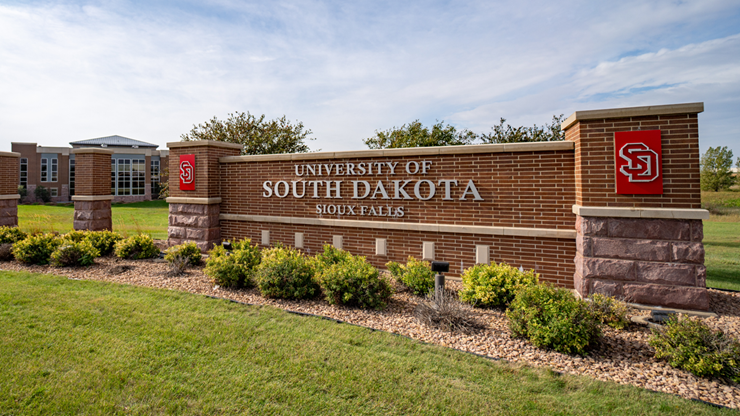As the largest organization representing Indian-origin students in the United States and Canada, the North American Association of Indian Students (NAAIS) has been closely monitoring the potential impact of new birthright citizenship policies on our community. These proposed changes, which seek to limit automatic citizenship for children born to non-citizens, carry significant implications for Indian students on F-1 visas, their families, and the broader higher education landscape.
Challenges for Indian F-1 Students
1. Family Planning and Legal Complexities
For Indian students pursuing undergraduate or graduate degrees in the U.S., these policies create new uncertainties about starting families during their academic journeys. Children born to F-1 visa holders would no longer qualify for automatic citizenship, leaving them in a precarious legal position. Families may face additional immigration hurdles, from obtaining dependent visas for their children to navigating the lack of protections typically afforded to U.S.-born citizens.
2. Financial Strain on Students and Families
Indian students already contribute significantly to the U.S. economy, paying higher tuition rates as international students and incurring substantial living expenses. The denial of birthright citizenship adds further financial burdens. Without citizenship, children might not qualify for public education or social benefits, increasing out-of-pocket expenses for families. This could discourage talented students from pursuing higher education in the U.S., opting for countries with more inclusive policies like Canada or Australia.
3. Psychological and Emotional Toll
The uncertainty surrounding immigration policies disproportionately affects Indian students, who make up one of the largest demographics of international scholars in the U.S. These policies add to the stress of navigating a foreign education system, visa renewals, and work authorizations, exacerbating feelings of instability and exclusion.
Implications for the U.S. Education System
1. Declining Enrollment of Indian Students
Indian students represent the second-largest group of international students in the U.S., with over 200,000 enrolled annually. Restrictive policies like changes to birthright citizenship may make the U.S. a less attractive destination for Indian students, who may instead turn to countries like Canada, which actively supports international students with pathways to citizenship.
2. Economic Consequences
Indian students contribute billions annually to the U.S. economy, not only through tuition but also by supporting local businesses. A reduction in enrollment due to stricter policies could lead to significant financial losses for universities and communities that rely on international students as economic drivers.
3. Erosion of U.S. Global Leadership in Education
The U.S. has long been a leader in attracting the best and brightest from around the world, offering a platform for innovation, diversity, and cross-cultural exchange. Policies that alienate international students threaten this position, undermining the country’s reputation as a global hub for higher education.
The Role of NAAIS in Advocating for Indian Students
NAAIS is committed to ensuring that Indian-origin students in the U.S. are supported and empowered, especially during uncertain times. We are actively engaging with policymakers, universities, and advocacy groups to highlight the contributions of Indian students and the negative repercussions of restrictive immigration policies. Our initiatives include:
• Awareness Campaigns: Educating students about how these changes might affect them and their families, while providing resources for navigating complex immigration systems.
• Policy Advocacy: Working with lawmakers to emphasize the value of international students and advocating for policies that protect their rights and contributions.
• Support Services: Expanding pro bono legal aid, mental health resources, and community-building initiatives to support Indian students facing these challenges.
A Call for Inclusive Policies
The proposed changes to birthright citizenship are a stark departure from the values of opportunity and inclusivity that have defined the United States as a global leader in education and innovation. NAAIS urges policymakers to consider the broader impact of these changes on international students, particularly the vibrant and thriving Indian student community. Together, we must ensure that the U.S. remains a welcoming and inclusive destination for the next generation of global leaders.
By fostering an environment that values diversity and international collaboration, we can strengthen not only the higher education system but also the communities that benefit from the contributions of students from around the world.
.jpg)


